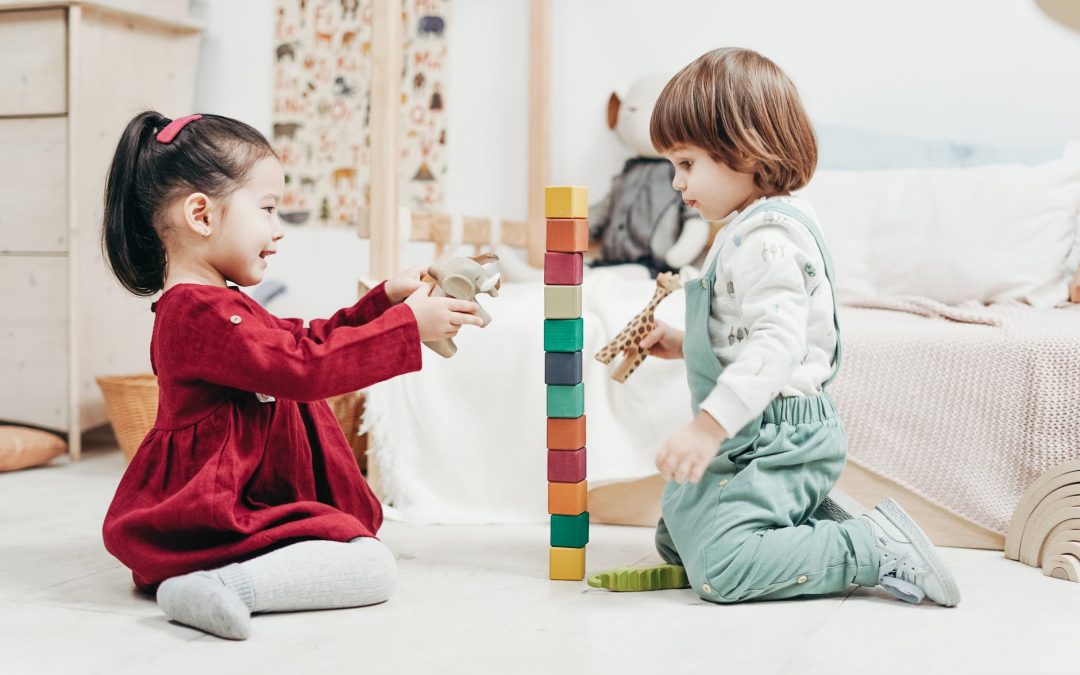For a thriving, happy life, children need to develop the right mindset early on. When teaching children their brains are capable of growing, they feel empowered and more confident to take on tasks and overcome challenges.
How we think about our abilities and potential is part of our mindset. This can greatly influence our behaviour and guide our success.
There are two main types of mindsets:
- A fixed mindset is when we believe our abilities and intelligence cannot be changed purposefully. With this mindset, mistakes are usually seen as failures and not opportunities to grow. This can lead to a fear of new experiences and the need to constantly prove ourselves.
- A growth mindset occurs when we believe in our abilities, have an eagerness to face challenges, and view failure as an opportunity for growth. This type of mindset is linked to increased happiness and achievement in life.
How do you develop a growth mindset in your child?
The way you react to your child’s accomplishments and failures shape a specific mindset. The following points are a great guide to encourage a growth mindset in your child:
- Teach trying out new ideas and approaches to problem-solving
Various tasks require different strategies to be completed. When your child is struggling with something, ask if there is perhaps another way that can help to solve the problem. If your child really gets stuck, help her to brainstorm other approaches to try to complete the task.
- Normalize failure
Understanding how to learn from fail and try again is fundamental to develop a growth mindset. When your child struggles with something, you need to acknowledge that the task can be hard and encourage your little one to keep trying because that is how we learn!
- Challenge your child
Your child will complete tasks that she has mastered many times before. When this happens, rather than praising her every time, encourage your child to try something more challenging.
- Talk about feelings
It is important to discuss with our child how having a growth mindset feels. Talk about how positive feelings such as contentment, satisfaction and happiness develops from enduring challenges and not giving up.
- Share examples from your own life
Children learn through example. So, share a personal story about when you were stuck and used hard work or asked for help from others to overcome a certain challenge.
Encourage your child to keep learning
How your child deals with challenges isn’t just about being motivated or resilient. It is also the result of having a growth mindset. Having this mindset means your child can accept feedback, be open-minded, learn from experience, and develop strategies for improvement. Therefore, it is important to cultivate an environment that welcomes challenges, enjoys effort, and encourages learning.

